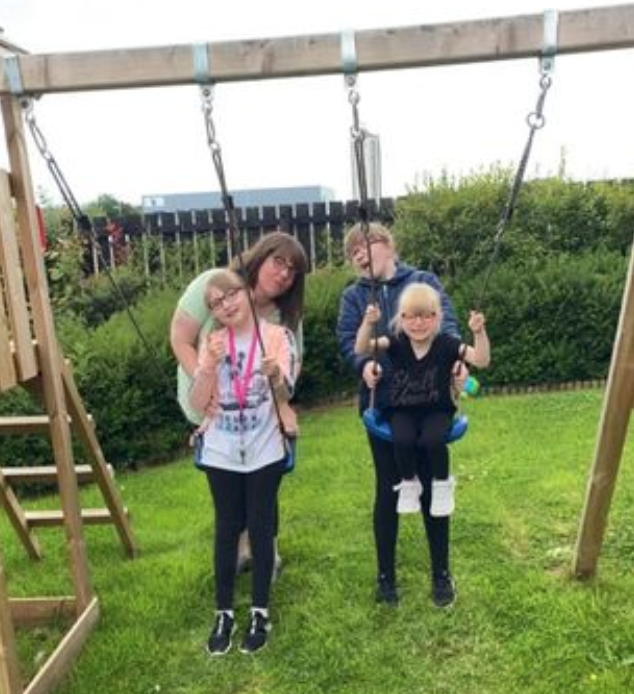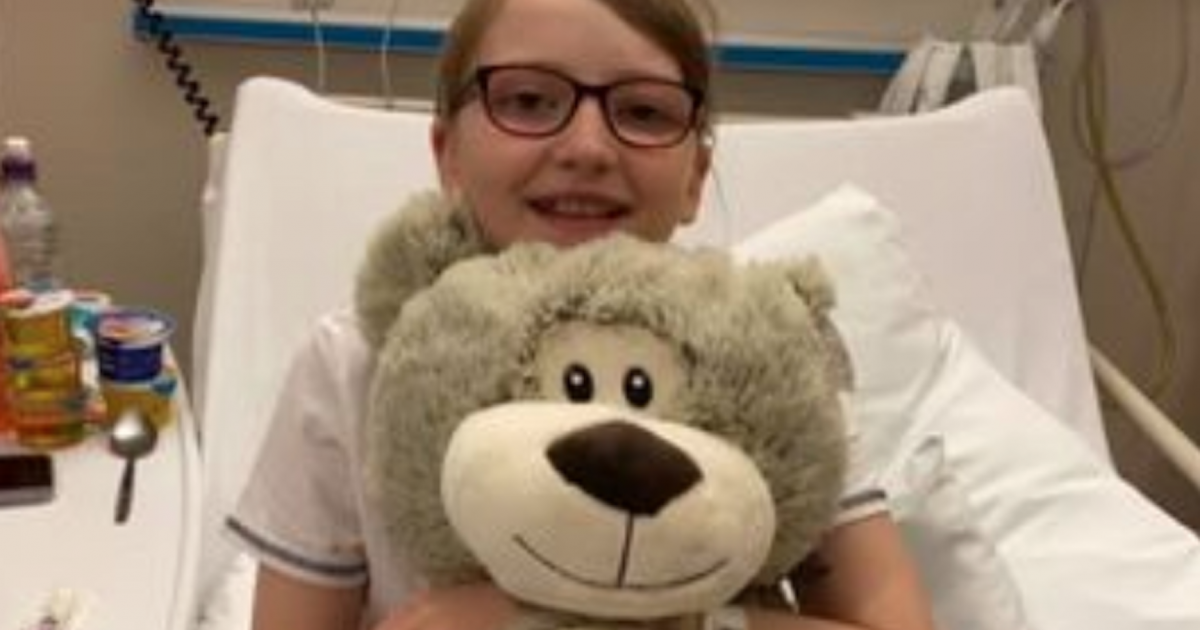Pushing for the Correct Diagnosis
- Jackie Nelson, 35, thought nothing of her 10-year-old daughter’s kid-like ‘clumsiness,’ but when Ava started presenting with dizziness and nausea, she knew things were serious.
- After repeated visits to the doctor, Ava finally got an MRI scanand was diagnosed with a high-grade glioblastoma brain tumor.
- If you or your child are experiencing symptoms like blurred vision or balance issues, don’t delay going to get checked immediately, especially if symptoms are rapidly worsening. With brain tumors especially, treating the matter with urgency can help save from life-threatening damage.
Jackie Nelson, 35, became nervous once her daughter, Ava, then started presenting with dizziness and nausea. Her doctor thought it was just a virus.
Read More
Surgeons had to immediately relieve some of the pressure on her brain before more serious permanent damage occurred. Thankfully, the surgery was successful, and she was fast-tracked into chemotherapy and radiation treatment.
The primary caregiver and her daughter have been staying at a free accommodations center across the street from the hospital called Marion House for the past seven weeks as Ava is cared for with outpatient therapy.
On August 5th, Jackie will have an assessment of how it is looking with her daughter’s fight.
“The last two months have been a whirlwind and Ava has been so brave through it all,” Jackie said, explaining that the main goal now with treatment is to try to shrink the rest of the tumor.
There Is New Hope for Those Fighting Glioblastoma
“We should find out how her radiotherapy has affected the tumour in the next month and we’re all praying it will be good news.
“Ava is the most loving, positive girl and an amazing daughter and I couldn’t be prouder of her,” she added.
Understanding Glioblastoma
Glioblastoma is an aggressive form of brain cancer for which there is currently no cure. It's the most aggressive primary brain tumor. Ava is undergoing radiation and chemotherapy in order to slow the spread of her cancer.
Brain cancer treatment options are broadening, thanks to newer cancer research. Duke University Medical Center neuro-oncologist Dr. Henry Friedman tells SurvivorNet in an earlier interview there is progress being made in treatment of the disease.
More Progress for Glioblastoma Patients
Dr. Friedman says his Duke colleagues are investigating a new therapy that combines the modified poliovirus and immunotherapy. "The modified poliovirus is used to treat this tumor, by injecting it directly into the tumor, through a catheter. It is designed to lyse the tumor and cause the tumor cells to basically break up" he says.
"I think that the modified poliovirus is going to be a game-changer in glioblastoma," explains Dr. Friedman, "but I should also say that its reach is now extending into melanoma soon to bladder cancer."
Symptoms of Brain Cancer
Symptoms of brain cancer really depend on the type of tumor, or glioma, but may include:
- Headache
- Nausea or vomiting
- Confusion/decline in brain function
- Memory loss
- Personality changes/irritability
- Difficulty with balance
- Urinary incontinence
- Vision issues
- Speech difficulties
- Seizures
If you or your child are experiencing any of these symptoms, don’t delay going to get checked immediately, especially if symptoms are rapidly worsening. With brain tumors especially, treating the matter with urgency can help save from life-threatening damage.
Learn more about SurvivorNet's rigorous medical review process.


